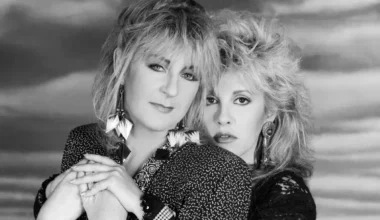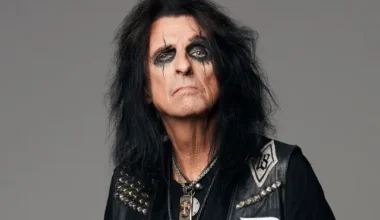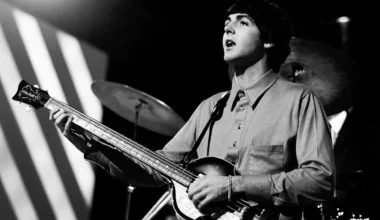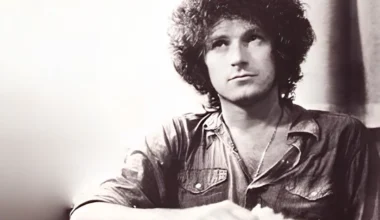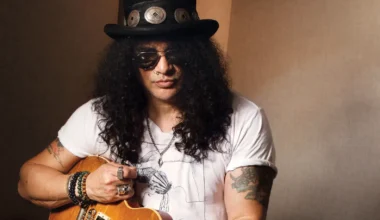Ever since the recorded music industry began to flourish in the middle of the 20th century, it has been struck by legal issues. The majority of lawsuits in the music industry involve claims of plagiarism. Since art is a process of evolution, new music will always incorporate elements from older works. But when an artist uses someone else’s melody or lyric for their own benefit without giving credit or other rights, those rights must be upheld. In the past, authorities have brought similar charges against even the greatest songwriters of all time, like Bob Dylan and George Harrison.
Dylan learned to play by covering and modifying folk songs as a student of the genre. His early work took inspiration from earlier progressions. Dylan never gave up on the folk process, even though he quickly picked up the electric guitar to pioneer folk rock. Dylan’s early inspiration, Woody Guthrie, famously expressed the essence of the folk doctrine. “That guy stole that from me, but I steal from everybody.”
True or not, this quote gave little solace to George Harrison, the former Beatle, post “My Sweet Lord”. Following the Beatles’ breakup earlier in 1970, Harrison released his first solo album, “All Things Must Pass”. The song served as its lead single, marking the beginning of his solo career.
“My Sweet Lord” became an instant worldwide sensation, reaching the top of numerous prominent charts. To this day, the artist’s most widely recognized solo hit continues. Harrison took pleasure in the song’s enormous exposure and raging popularity. However, it didn’t shield him from accusations of plagiarism or legal action.
Bright Tunes Music tried to sue the former Beatle for plagiarism a few months after the song’s early success. He claimed that “My Sweet Lord” sounded too much like The Chiffons’ 1963 hit song “He’s So Fine”. It was reasonable to assume that Harrison’s previous bandmates would support him in the ensuing publicity battle. However, John Lennon concurred that The Chiffons had been duped.
Regarding the protracted “He’s So Fine”/”My Sweet Lord” case, John Lennon received questions in All We Are Saying: The Last Great Interview with John Lennon and Yoko Ono: Lennon remarked, “Well, he walked right into it”. “He was skilled at what he did”. When asked if Lennon believed Harrison had intentionally copied the song, he replied, “He must have known, you know, he’s smarter than that”. Actually, it isn’t important; only financially speaking does it matter.
Bright Tunes Music received a call early in the case by Harrison’s extremely dishonest manager, Allen Klein, to discuss the situation. But Bright Tunes quickly declared bankruptcy, which put the case on hold until 1976. Meanwhile, Klein had cut off contact with Harrison. Filled with anger he set out to harm the standing of his former customer as an agent for Bright Tunes.
Reversing the roles, a worn-out Harrison made a $148,000 offer to settle the case, but the opposition was constant in its goals. They put full force into the legal battle, which underwent trial on February 23 and 25, 1976. During the hearing they examined the two songs thoroughly. The hearing identified two fundamental musical motifs in common: “G-E-D” and “G-A-C-A-C”. While “My Sweet Lord” repeats the first motif three times and the second motif four times. “He’s So Fine” repeats both motifs four times.
Following a trial that concluded on August 31, 1976, the verdict found Harrison guilty of “subconscious plagiarism” instead of intentionally copying “My Sweet Lord”. The judge decided that Harrison should pay $1.6 million in compensation because “My Sweet Lord” claimed 70% of the airplay from its parent album.
Two years later, Klein’s company, ABKCO, bought Bright Tunes for $5875,000, but the situation got worse. Harrison filed a lawsuit as a result. In 1981, a judge ruled that Klein should receive only the $587,000 he paid for the business and could not profit from the ruling. Harrison required the return of all future case proceeds.
In 1993, the case was ultimately resolved. In an interview with Rolling Stone, Harrison reflected on the two-decade journey. He said, “It’s difficult to just start writing again after you’ve been through that.” Even now, every song I hear on the radio seems to be something else.
Before he passed away in 1980, John Lennon discussed the case, saying, “In the early years, I’d often carry around someone else’s song in my head, and only when I’d put it down on tape. Because I can’t write music. Would I consciously change it to my own melody because I knew that otherwise, somebody would sue me”. “George simply let it go and paid the price. He could have changed a few bars in that song, and no one could have ever touched him. Perhaps he believed that God would simply ignore him”.


